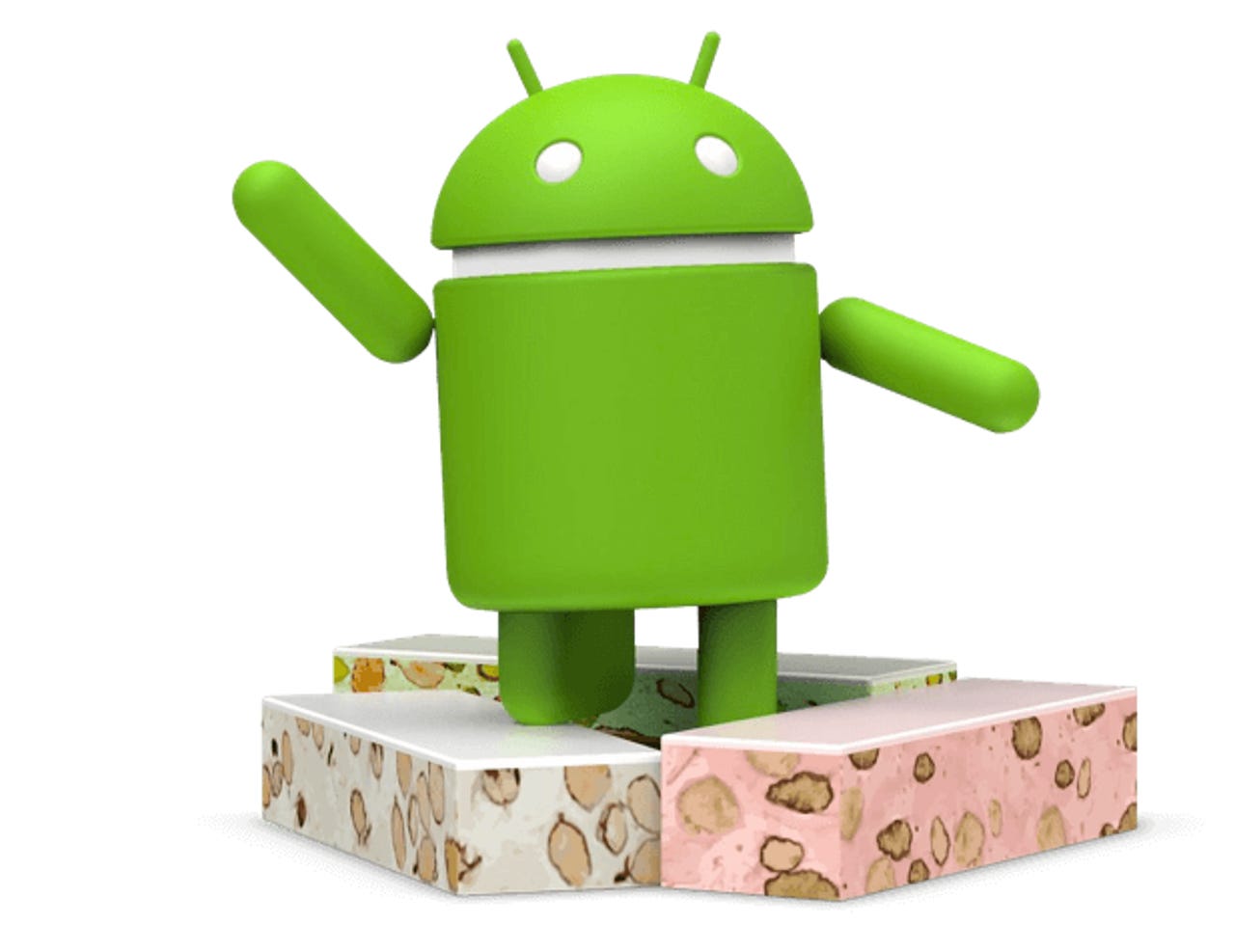Android as we know it is dead, but it's not going to go away


Is Android dead?
On the face of it, Android has been a very successful operating system. Not only has it crushed most of the opposition to get to a position where it powers some 85 percent of new smartphones shipped, but it's also held up incredibly well against Apple's iOS platform.
Featured
But Android is also dogged by problems that Google can't seem to solve. Or at least can't seen to solve without taking drastic action.
See also: How to make sure your charger or power bank doesn't blow up your expensive smartphone
For a long time now I've felt pretty much like Thom Holwerda of OS News feels:
I really want to write a far more detailed and in-depth article explaining why I think Android is a dead end, but I can't yet fully articulate my thoughts or pinpoint why, exactly, I've felt like this for months now. All this doesn't mean Google is going to get out of mobile operating systems, and it doesn't even mean that the name "Android" is going away. All it means is that what we think of today as "Android" - a Linux kernel with libraries, the Android Runtime, and so on on top - has served its hackjob, we-need-to-compete purpose and is going to go away.
Holwerda goes on to highlight some of the problems facing Android, ranging from performance issues to the problem of getting updates and new releases out to users. It still takes a new release the better part of a year to break the 10-percent usage mark, and in a fast-changing world, that's just not good enough.
Holwerda says that Android is a dead end, and I agree. In fact, I'll go further and say that Android is dead, it's just that no one wants to admit it yet.
About a year ago I wrote about how the future of Android was Project Fuchsia, and now it's clear that I was right. Over the past twelve months that Project Fuchsia has moved on from being a research project into something that is destined to become a replacement for Android.
Not only is the Android platform being weighed down by its legacy Linux kernel, with all that legacy code being the perfect breeding ground for bugs and vulnerabilities, there can be no doubt that Google would love to be free of all the IP entanglements that mean that hardware makers already operating on razor-thin margins are having to hand over stacks of cash to patent-license holders such as Microsoft.
Everything about Project Fuchsia seems to be focused around fixing what wrong with Android but couldn't be fixed without starting from scratch.
Google is also getting serious about making custom silicon for its smartphones, and recently hired a lead engineer behind Apple's mobile chips to help design processors for its Pixel phones.
So will the death of Android mean huge upheavals for end users?
Unlikely.
As Holwerda points out, the transformation is likely to be mostly transparent to users, with the changes happening under the hood. Most will be totally unaware that anything has changed (end users only focus on things like the user interface). Android will work much the same, and the apps that people rely on will continue to run. However, Android is open-source and Google can't make it go away, so there's likely to be two platforms for a while. However, without Google at the helm, I don't see Android development continuing for long (unless a big player like Amazon steps in).
While Android, the operating system with a Linux kernel, is dead, Android, the brand, is not going anywhere. And if Google is looking to start making custom silicon, we could be seeing Project Fuchsia-based platform go in some interesting directions.
Best Android phones for 2017 (July edition)
See also: